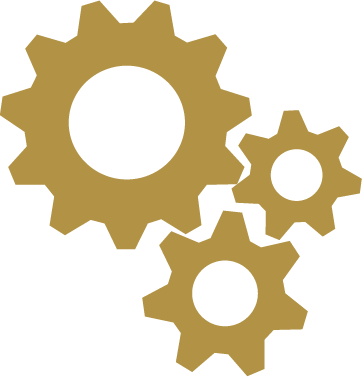Research in Education
By Dr. Rhonda Bonnstetter
Credible sources
Students are encouraged to use evaluative resources provided by the university’s library staff in determining the credibility of sources for class papers and projects. They are also reminded to triangulate the validity of a source, determining whether the same information is cited in other credible locations. All candidates receive instruction during the freshman Technology: Classroom Applications course on media literacy to assist them in understanding the information presented from a variety of sources.
Scholarly journals
Primary scholarly journals would include:
Journal of Research in Teacher Education
American Education Research Journal
American Journal of Education
Journal of Teacher Education
Teaching and Teacher Education
Along with these would be journals specific to certain disciplines, such as:
Journal of Research in Science Teaching
Journal for Research in Mathematics Education
Science Education
Studies in Second Language Acquisition
Reading Research Quarterly
These publications are key because they provide research into high impact practices in the field of education. As professors in teacher education, we must stay abreast of these practices in order to provide the best and most accurate information for our candidates.
Trade publications
Examples of trade publications that professional educators use would be Educational Leadership by ASCD, Mathematics Teacher by NCTM, The Reading Teacher by ILA, and Entrsekt by ISTE. The key differences between scholarly journals and these trade publications are that the scholarly journals include full research papers while the trade publications provide articles that share ways that research can be applied in classrooms. The trade publications provide a mechanism for educators to share ideas, resources, and successful teaching practices with others in their specific content disciplines or within similar age/grade bands. The trade publications are useful because they provide a forum for the sharing of ideas, a divergence of opinion, and for connecting educators around the world.
Open Internet resources
The most useful application for blogs and other open Internet resources in the field of teacher education is the opportunity for our candidates to see how practicing classroom teachers use them with their students or use them to share information with their peers. They have less application for research in teaching, and our candidates are encouraged to take care in deciding when such resources might be useful. These types of resources may be helpful in learning about an individual teacher’s perspectives on using a specific instructional methodology or program in their school, but are not considered unbiased or research-based resources for research papers, etc.
Government agencies
Some government agencies play a valuable role in the dissemination of research in the field of education. One such federal agency is the Institute of Educational Sciences (IES), housed within the U.S. Department of Education. IES houses the National Center for Education Evaluation and Regional Assistance, which hosts the What Works Clearinghouse. According to their website, “The What Works Clearinghouse (WWC) reviews the existing research on different programs, products, practices, and policies in education. Our goal is to provide educators with the information they need to make evidence-based decisions” ( http://ies.ed.gov/ncee/wwc/). IES also hosts the National Center for Education Statistics, which is primary federal entity for collecting and analyzing data related to education. Finally, IES also hosts the Educational Research Information Center (ERIC), which is one of the premiere education research databases, available free online to everyone.
Statement of ethics and research
There are two sets of professional ethics that are essential to all teachers in Minnesota are the Code of Ethics for Minnesota Teachers (found at
https://www.revisor.leg.state.mn.us/rules/?id=8710.2100) and the National Education Association’s Code of Ethics (found at http://www.nea.org/home/30442.htm). Any research done on students in classrooms must meet the requirements of a university’s Institutional Review Board to ensure that any risk to the students is minimal. There is unlikely no specific instances of corruption of research in the field of teacher education publicized today.
View a video on research and documentation in the related field of Special Education.
Education: Disciplinary Perspective
